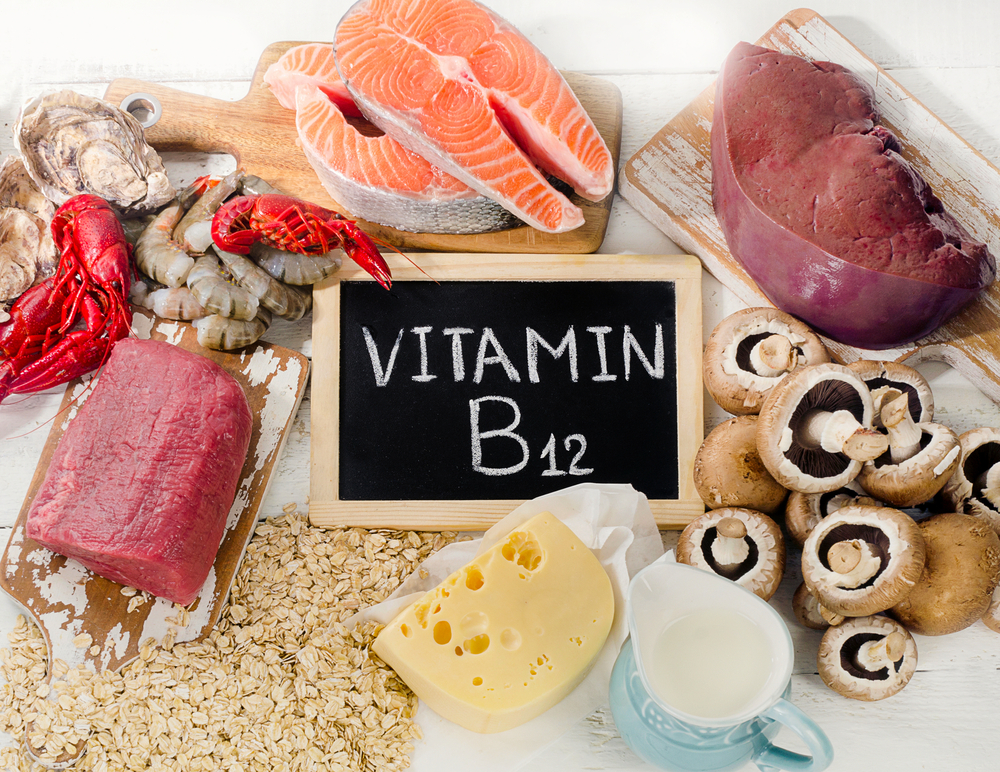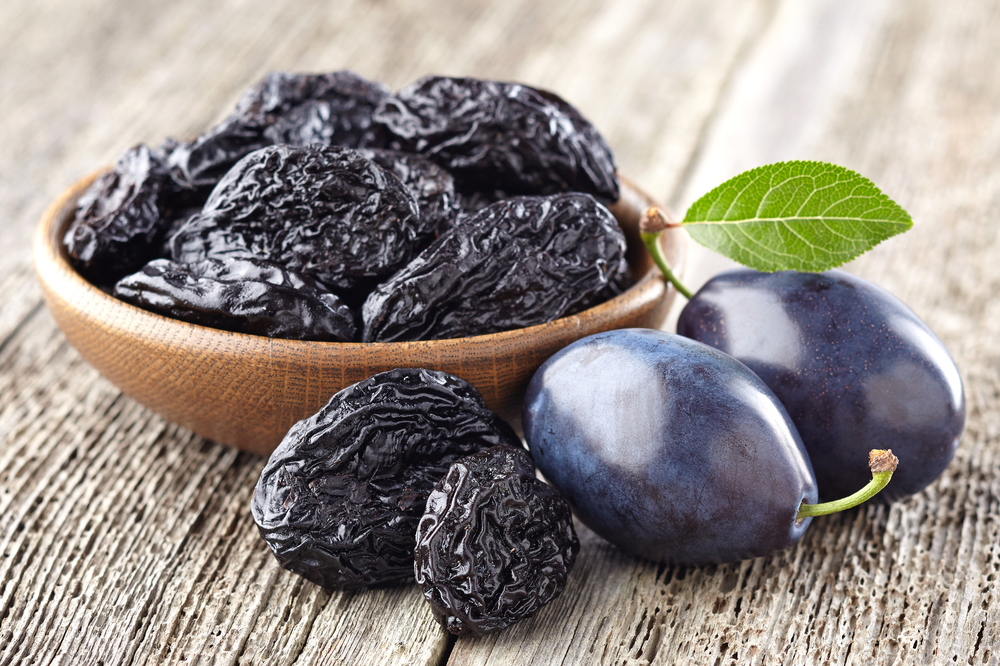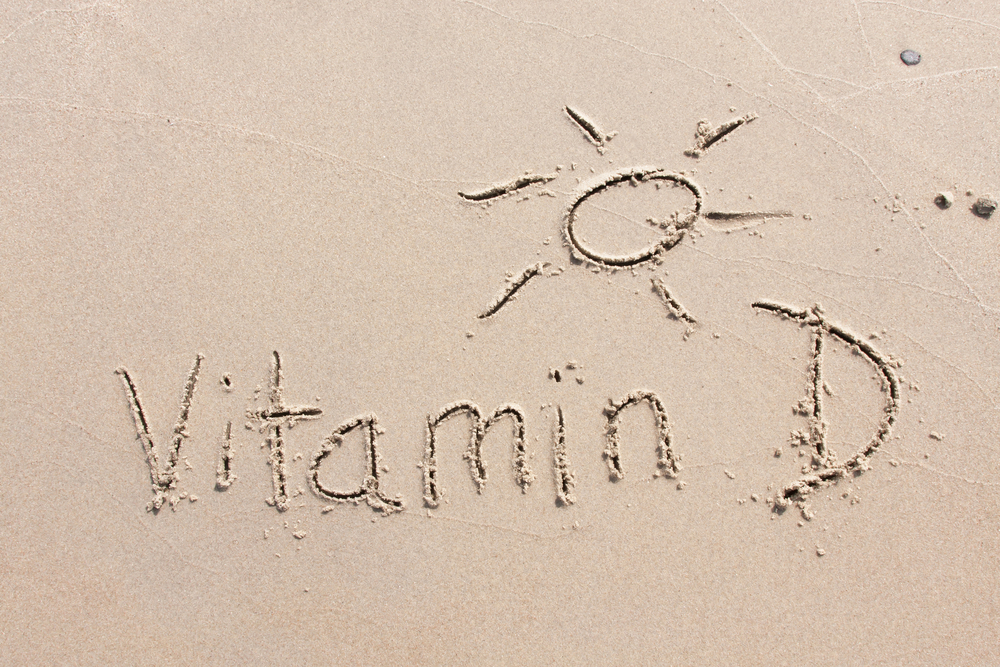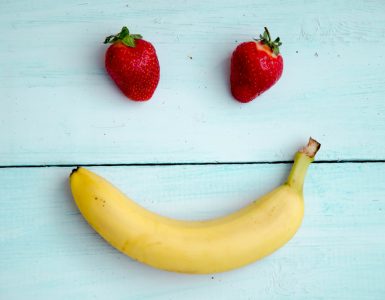Low Vitamin B12 levels linked to low mood

Low levels of vitamin B12 may lead to symptoms of depression. So says a recent study[1] from Trinity College Dublin involving 4,000 people aged 50 years plus. Many breakfast cereals and yeast extract are already fortified with B12 which is also found naturally in meat, fish, eggs, and dairy products so make sure to include plenty in your diet. If you are vegan taking a daily supplement is a good idea.
Meanwhile, if you start to feel down, a short course of the herbal remedy St John’s wort aka ‘the sunshine herb’ may help to lift your mood. Always consult your GP before taking it as it can interact with some medications.
Prunes found to support bone health

Prunes are in the news again. This time a recent US study[2] has found that eating 100g of prunes (around 10) a day improves bone mineral density in the forearm and lower spine as well as decreasing signs of bone turnover in post -menopausal women. The reason? Prunes contain various minerals, vitamin K, phenolic compounds plus a relatively high level of fibre, all of which are thought to benefit bone health.
Essential Vitamin D still important even when the sun shines

Even though there is more sun on the horizon don’t stop taking vitamin D. It can help reduce the risk of developing autoimmune diseases such as rheumatoid arthritis according to a recent US study[3] carried out at the Brigham and Women’s Hospital on adults over the age of 50.
Around 26,000 adults were split into two groups – those in one were asked to take a vitamin D supplement while those in the other were given a placebo. After five years of tracking the participants, the researchers found that those who had taken 50ug (micrograms) of vitamin D a day were 22 per cent less likely to be diagnosed with an auto immune condition at the end of the study than the placebo takers.
[1] British Journal of Nutrition, 1-22. doi:10.1017/S0007114521004748
[2] https://doi.org/10.1093/advances/nmab162
[3] British Medical Journal, DOI: 10.1136/bmj-2021-066452





















Add comment